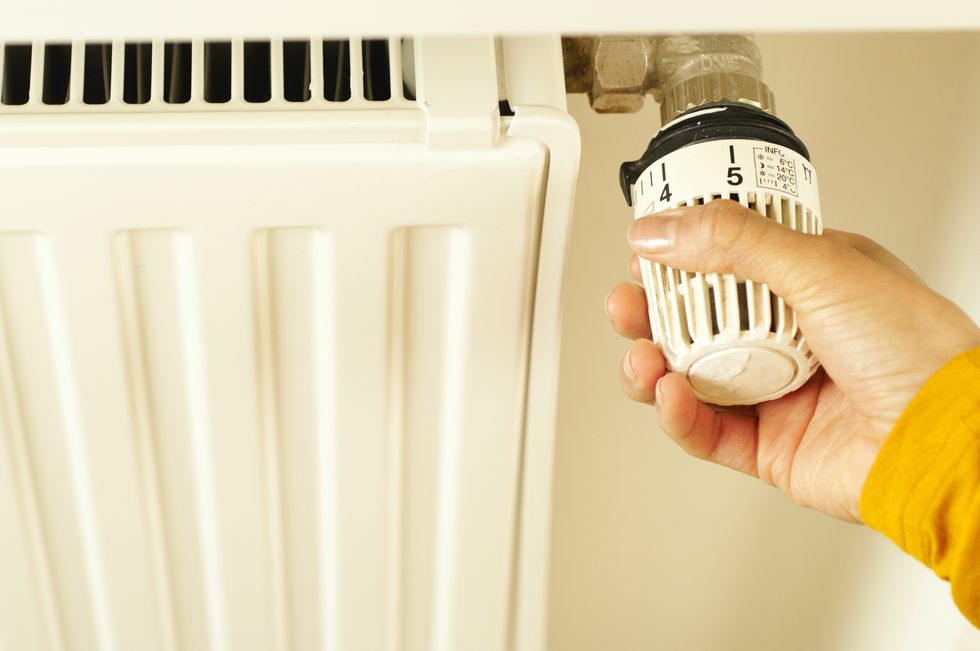Little-known radiator mistake could cost you £300 - 'Don't make things worse!'

Households are being urged not to make this little-known radiator mistake
Pexels

A little-known radiator mistake which could cost households up to £300 to fix can easily be avoided according to a gas engineer.
Radiators need to be bled when they have trapped air inside them as the air stops warm water from circulating.
Experts recommend that radiators should be bled once a year, even if they are working properly.
Radiators need to be bled to release trapped air
Yui Mok
But one gas engineer has revealed a crucial step before bleeding a radiator.
Daniel Khanlarpour of Gas Guru and a member of Checkatrade said households should always check their boiler pressure first.
Those who try and bleed a radiator which doesn’t have any air trapped, can cause water to spill out quickly.
This can lower a boiler’s water pressure and upset the system which could bring more costs.
According to Checkatrade, the average cost of repairing a boiler, with parts included is £300.
Anyone already experiencing low pressure could create a bigger problem by bleeding their radiators.
Khanlarpour said: "Bleeding radiators won’t help the situation if you’re losing pressure, in fact it will make things worse as you’re removing air or water from the system, which will reduce the pressure further.
Bleeding a radiator before checking the pressure can cause huge problems
Andrew Matthews
"Boiler pressure should be checked and corrected after radiators are bled and/or water is drained from the system."
Typically, the boiler pressure should be between one and two on the gauge.
Experts says anything lower could mean the boiler can’t fuel up properly, which as a result means it’s working harder and less efficiently.